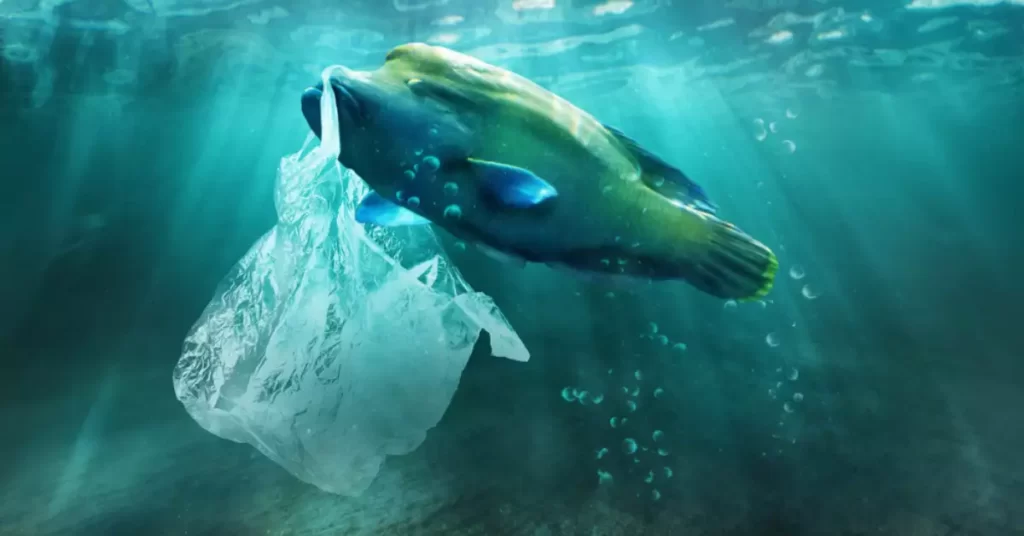Are you wondering if your fishy friends can enjoy a cheesy treat? It’s a common question among fish owners, and this article aims to provide a clear answer.
Let’s dive into the world of fish diets and determine whether cheese should be on the menu.
Understanding Fish Diets: Herbivores, Omnivores, and Carnivores
Fish Nutritional Requirements
Fish can be categorized into three primary dietary groups: herbivores, carnivores, and omnivores. Each group has distinct nutritional requirements that must be met for optimal health.
Herbivorous fish primarily consume plant matter, such as algae and vegetables. Carnivorous fish feed on other animals, including insects, smaller fish, and crustaceans. Omnivorous fish have a more varied diet, eating both plant and animal matter.
Regardless of their dietary preferences, all fish require a balanced intake of proteins, fats, carbohydrates, vitamins, and minerals. These nutrients play a crucial role in growth, reproduction, and overall health.
The Composition of Cheese
Nutrients in Cheese
Cheese is a dairy product made from milk. It is rich in nutrients such as protein, calcium, and fat, but it is not a natural food source for fish.
Most fish species have not evolved to consume dairy products, and their digestive systems are not equipped to handle them.
Lactose and Fish
Lactose, a sugar found in milk and dairy products like cheese, can be problematic for fish.
Many fish lack lactase, the enzyme required to break down lactose. Consequently, lactose can cause digestive issues in fish.

Potential Dangers of Feeding Cheese to Fish
Digestive Issues
As mentioned earlier, many fish species lack the ability to digest lactose, which can lead to digestive problems such as bloating, gas, and diarrhea.
Additionally, the high-fat content in cheese may also cause digestive difficulties for fish.
Water Quality Concerns
Feeding cheese to fish can also have negative effects on water quality. Cheese has a high-fat content, which can lead to an oily film on the water’s surface.
This can reduce oxygen exchange and negatively impact the overall health of your aquarium.
Furthermore, undigested cheese particles can contribute to ammonia and nitrite buildup, which can harm your fish.
Safe and Nutritious Alternatives for Fish
Commercial Fish Food
A wide range of commercial fish foods is available to cater to the specific dietary needs of different fish species.
These products are formulated to provide a balanced and nutritious diet, ensuring that your fish receive all the essential nutrients they need to thrive.
Natural Food Sources
In addition to commercial fish food, you can offer your fish natural food sources like brine shrimp, daphnia, bloodworms, and vegetables.
These options are more aligned with their natural diets and can promote better overall health.
Frequently Asked Questions
Can I give my fish a small amount of cheese as a treat?
It’s best to avoid feeding cheese to fish altogether, as their digestive systems are not equipped to handle dairy products.
Instead, offer them nutritious and natural food options appropriate for their specific dietary needs.
What other human foods should I avoid giving to my fish?
Avoid giving your fish processed foods, meats with high-fat content, sugary treats, and salty snacks.
These types of foods can cause digestive issues and negatively impact water quality in your aquarium.
How can I determine the best diet for my fish species?
Research the specific dietary requirements of your fish species and consult with a veterinarian or aquarium professional if necessary.
By understanding their natural diets, you can provide the right balance of nutrients to ensure their optimal health.
Conclusion
In summary, cheese is not a suitable food source for fish. Their digestive systems are not equipped to handle dairy products, and feeding them cheese can lead to digestive issues and deteriorate water quality.
Instead of cheese, provide your fish with a balanced and nutritious diet tailored to their specific needs.
This may include commercial fish food and natural food sources such as brine shrimp, daphnia, bloodworms, and vegetables. By offering a proper diet, you can help your fish thrive and maintain a healthy aquarium environment.